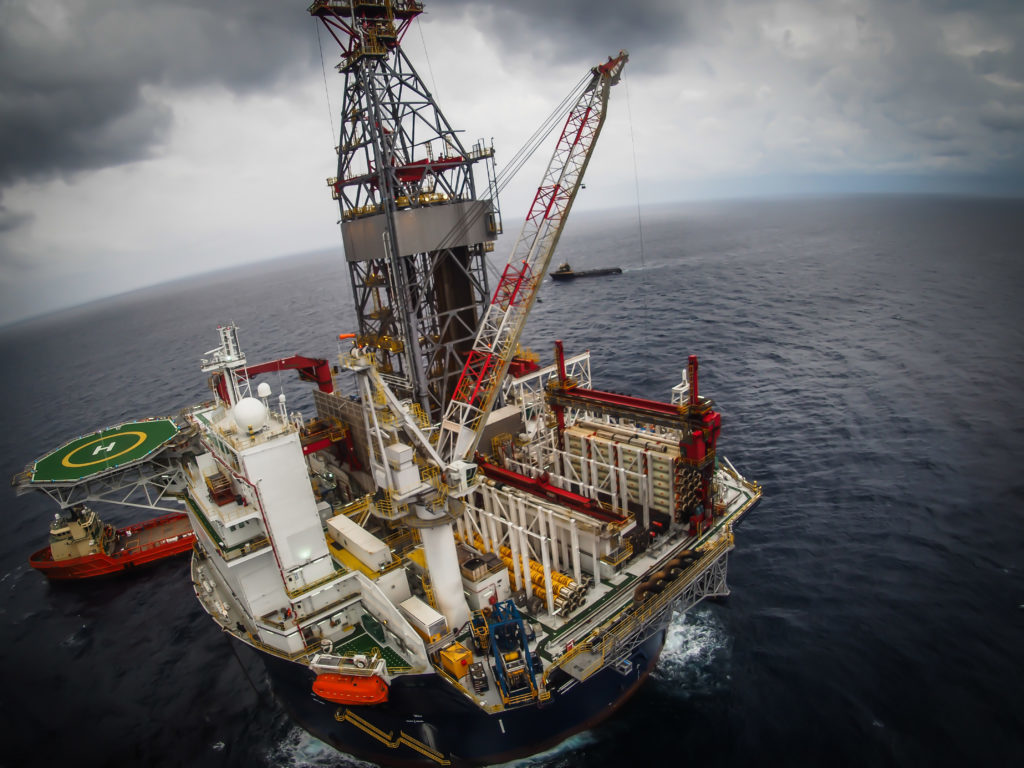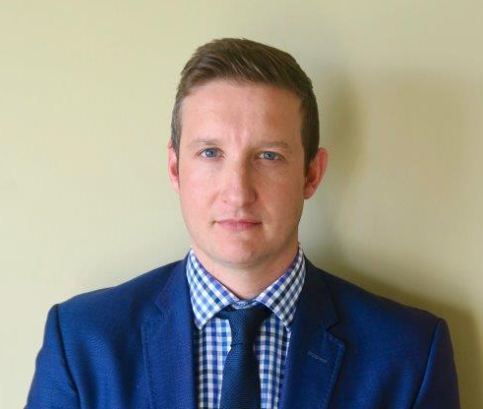
Following four consecutive years of global job losses, NES Global Talent conducted a major piece of research which shows that for the first time since 2014, the oil and gas industry expects more new jobs to be created than lost over the next 12 months.
The North Sea suffered harder than most during the downturn, but many indicators are now showing that the green shoots of recovery are taking hold in the region once again. Wood Mackenzie estimated the number of new project start-ups in the North Sea reached a ten year high in 2017 resulting in the production of an extra 230,000 new barrels of oil and gas a day and anticipated tax revenues of £1bn this financial year.
As the recovery develops momentum several projects are set to hire more workers with Enquest this year planning for material production growth at The Kraken – the North Sea’s largest new project in a decade.
Meanwhile, BP has announced it will double North Sea production to 200,000 barrels a day by 2020 and Hurricane Energy plans to develop Greater Lancaster – the UK’s largest new oil field discovered this Century.
Effective recruitment is essential for delivering future business growth. As former General Electric CEO Lawrence Bossidy said: “Nothing we do is more important than hiring and developing people. At the end of the day you bet on people, not on strategies.”
Expansion plans will be welcome news to experienced workers in Aberdeen as they are likely to be among the first in line for any new roles. However, with recruitment being disrupted by factors such as Brexit and the migration of entry level talent to the renewables and technologies industries, talent acquisition continues to be a key challenge.
The recent downturn has impacted the local skills market and reduced the available talent pool meaning staffing the North Sea projects cannot just be about bringing back experienced hands to the industry. Organisations will also need to evolve their strategies to attract new candidates.
Businesses will need to entice and nurture the next generation of oil and gas talent in a competitive skills market, and consider acquiring skills from adjacent industries and new catchment areas.
In addition workers will need to keep their expectations realistic in the realigned oil and gas economy.
Developing a staffing strategy and planning resources are key factors that will determine success when building a workforce for major capital projects.
Reactive recruitment can create on boarding issues that might weaken an organisation’s culture and operational effectiveness, if not handled well. A schedule of phased recruitment is preferable as it helps a business to maximise both employee engagement and retention, as well as controlling costs.
Businesses launching significant new projects should look to on-board the first phase of new staff at the earliest opportunity, involving them in the design, specification and creation of the project to build commitment and create an integrated team.
While it makes sense to prioritise recruiting for the most senior positions as soon as possible, it can be useful to bring in a select number of employees from each level of seniority to ensure the new project works from both an operational and strategic perspective. Creating a balance of experienced hands and new blood can work well.
However, if you really want to push the envelope and challenge accepted norms, it makes sense to bring in more workers from outside the business and to do so early on. Recruiting from outside the business also improves the buy-in and engagement of new workers to create much-needed ambassadors for change.
Finally, when handling large-scale recruitment there can be a temptation to cut costs and percentages as much as possible and use a number of suppliers to meet the demand. This can often be a false economy. You will waste vital time and resources dealing with multiple relationships and tracking costs and compliance will become a complex task.
In a world of global competition you need to partner with a recruitment agency that has the experience of delivering large projects, the knowledge of where the talent pools are and the broad reach to find you the best staff. A partner who can mobilise these individuals compliantly and ensure they are on site when and where you need them will also be vital to delivering project success. Projects come with many challenges, but if you find the right recruitment provider talent acquisition should not be one of them.
Recommended for you

